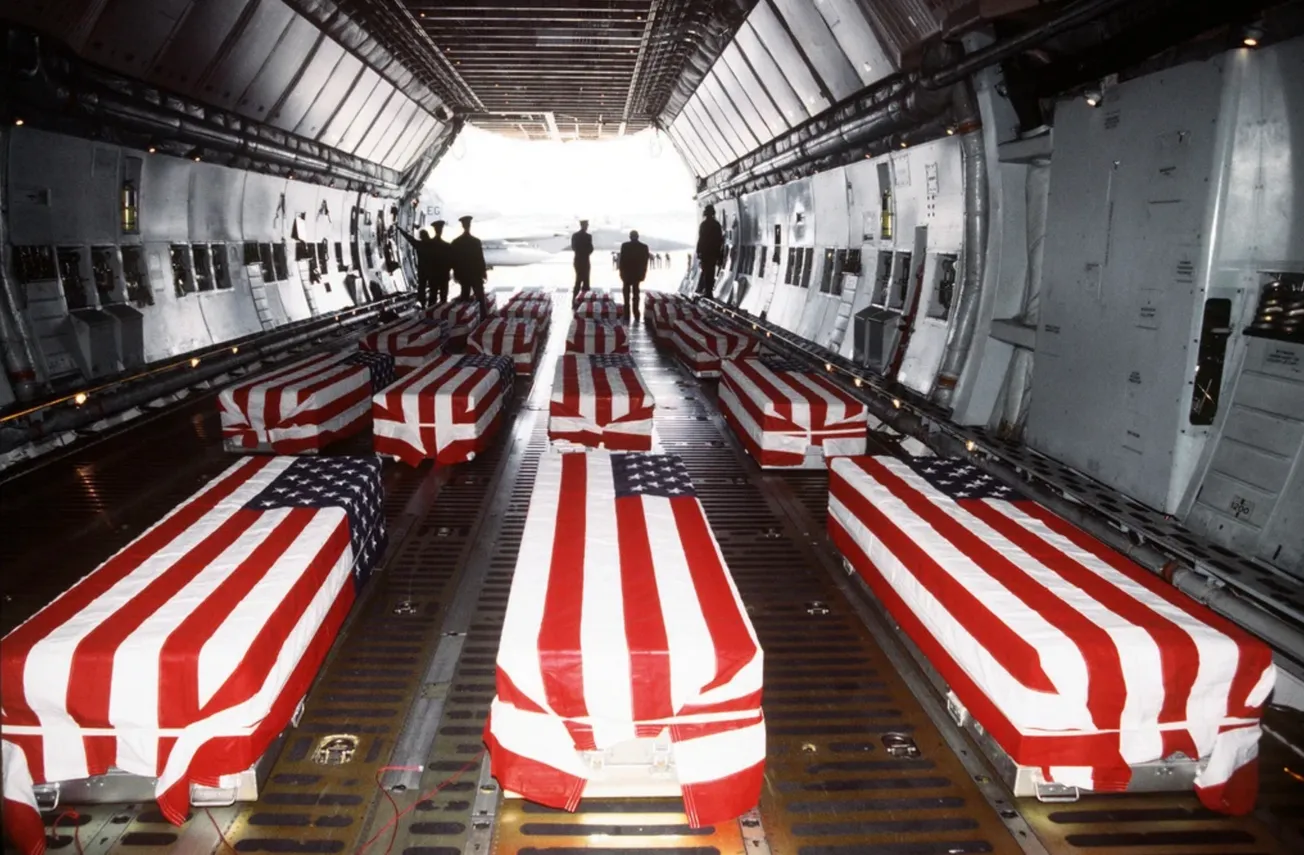Various reports confirm that the workers strike called for by the Nigerian Labor Congress has had significant initial impact, as worker demonstrations were held in several large cities across the country. In a last minute decision, the action has been joined by the Trade Union Congress. The strike—called for a week ago, against President Tinubu’s decision to end federal fuel subsidies—went forward as workers refused to accept the last minute efforts by the Tinubu government to avert it. The meeting on Monday reportedly went on for six hours. After that failed, President Tinubu made a last-ditch address to the nation begging people to not take to the streets.
So far the only violence reported was that protestors had crashed through the protective barrier surrounding the General Assembly building in the national capital of Abuja, blocking streets as they marched. There has been no police crackdown, with the Inspector General of Police, Kayode Egbetokun, saying (in a statement) that he “acknowledged the grievances raised by the labor unions and the importance of constructive dialogue, which is sine qua non, in addressing these issues.”
In his 10-minute address on Monday night, Tinubu unconvincingly argued that he decided to cut the fuel subsidy (as demanded repeatedly by the IMF), because it was making a few (unnamed) people at the top rich. In order to shield the blow, he decided to rob the strategic food reserve of the nation (built up at great effort by his predecessor, Muhammadu Buhari), by releasing 200,000 metric tons of grain, with the promise that additional fertilizers and seeds for farmers would be forthcoming.


